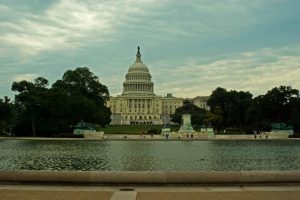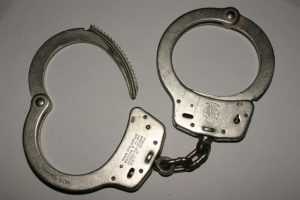Twitter Marijuana Advertising Rules Still Restrictive
Twitter recently garnered a great deal of praise for being the first social media giant to revisit its marijuana advertising rules, opening the door to industry promotion of brands and informational content related to THC, CBD, and cannabis-related products and services.
Certainly, this is big news. But our Los Angeles cannabis business consulting lawyers would urge caution before rushing to your marketing firm for content. 
Previously, the company only permitted ads for hemp-derived CBD topical products. This was still more progressive than other social media firms. TikTok, Instagram, and Facebook have had (and maintain) a strict no cannabis advertising policy – so long as it remains illegal at the federal level. (This despite the fact that 21 states allow recreational use cannabis – and more are on the horizon.) It’s likely only a matter of time before these other social media platforms adopt policies similar to Twitter’s.
However, despite giving the green light to “approved cannabis advertisers to target the U.S.,” cannabis companies on Twitter still aren’t allowed to advertise their actual products for sale. The only exception is for topical, hemp-derived CBD products that contain less than 0.3 percent THC (which is the government’s threshold for being classified as a CBD product rather than a more heavily-restricted THC product). Undoubtedly, there’s a market for these types of products, but it doesn’t represent the full array of cannabis products and services.
Further, cannabis companies seeking to advertise on Twitter must:
- Have a proper license.
- Pass through Twitter’s ad approval process.
- Limit their target audience to jurisdictions wherein they are licensed to operate.
- Do not target youth under age 21.
Advertisers are NOT allowed to:
- Create ads that promote or depict people using cannabis.
- Display advertising that shows people under the influence of cannabis.
- Claim any sort of efficacy or health benefits.
- Use any celebrities, images, icons, characters, or athletes in their ads that might appeal to children or those under 21.
 Cannabis Law Group's Medical Marijuana Legal Blog
Cannabis Law Group's Medical Marijuana Legal Blog





 Ever since cannabis was legalized in California in January 2018, a flood of marijuana businesses have opened, hoping to take their share of the pot market. But it’s no secret that many industry stakeholders are unhappy with the current state of affairs.
Ever since cannabis was legalized in California in January 2018, a flood of marijuana businesses have opened, hoping to take their share of the pot market. But it’s no secret that many industry stakeholders are unhappy with the current state of affairs.






